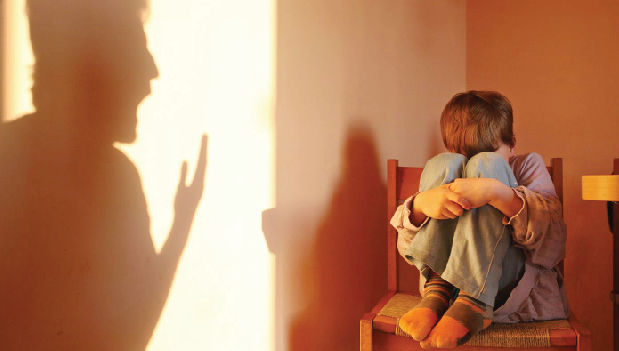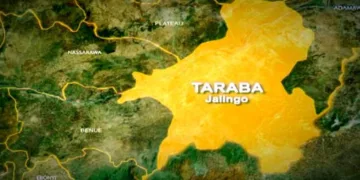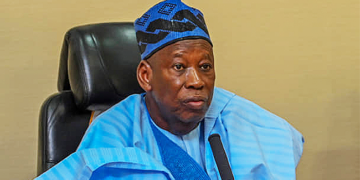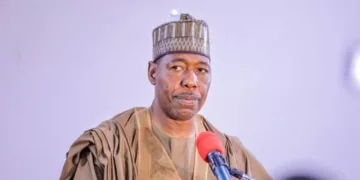As parents, we often hear the phrase, “Children will be children,” or “It’s just a phase,” when our little ones act out or seem to be going through difficult emotions. While childhood is indeed a time of growth and learning, it’s crucial to distinguish between normal developmental behaviours and signs of something more serious, such as abuse.
Unfortunately, many parents unknowingly dismiss or downplay their child’s behavior, attributing it to the typical ups and downs of growing up. However, in some cases, what appears to be a phase may actually be a sign of emotional or physical abuse that should never be overlooked.
The Dangers Of Dismissing Abuse As Growing Up
When abuse is dismissed as “growing up,” it sends a dangerous message to both the child and the family. By minimizing the issue, parents may unintentionally create an environment where the child’s pain and struggles go unaddressed, potentially worsening over time. Children often lack the ability to understand or communicate that they are being mistreated, especially if the abuse is happening at the hands of someone they trust. This makes it essential to remain vigilant and sensitive to their experiences.
What Are The Signs Of Abuse?
While every child’s experience is unique, there are some common signs to look out for that may indicate a child is being abused:
Physical Signs: Unexplained bruises, burns, or injuries may be signs of physical abuse. If a child is constantly “falling” or “getting hurt,” consider whether the injuries seem unusual or happen frequently.
Emotional Or Behavioral Changes: Sudden, drastic changes in a child’s behavior, such as withdrawal, depression, anxiety, or aggression, may be a reaction to abuse. A child who was once outgoing and happy may become withdrawn, fearful, or overly cautious.
Regressive Behaviors: If a child who was previously potty trained begins to wet the bed again or exhibits other regressive behaviors, it could indicate distress related to abuse.
Fear Of Certain People Or Places: Children may be afraid of a specific adult or refuse to go to certain places if they associate them with fear or discomfort. This fear should not be dismissed as mere dislike or rebellious behavior.
Sexualised Behavior: Children who exhibit sexual knowledge or behavior that is inappropriate for their age could be showing signs of sexual abuse. This might include mimicking adult sexual behavior, asking questions about sexual activity, or using explicit language.
Why Abuse Often Goes Unnoticed
Abuse is not always obvious, and children may not always have the words to explain what’s happening to them. Some children may even feel guilty or believe that they somehow deserve the abuse. This confusion can make it challenging for parents and caregivers to recognize the signs. Additionally, abusers may manipulate children into silence or convince them that what’s happening is normal.
In some cases, parents themselves may have been raised in abusive environments and unknowingly repeat harmful behaviors. For example, parents who were raised with corporal punishment or emotional neglect may not recognize that their own actions are perpetuating a cycle of abuse.
How To Respond As A Parent
Listen to Your Child: Pay attention to your child’s words, actions, and emotions. If they express fear, discomfort, or sadness about a specific person or event, take their concerns seriously.
Create A Safe Space:
Let your child know that they can talk to you about anything and that you will always believe and support them. Building trust is key to encouraging open communication.
Observe Behavioral Patterns: Be mindful of any sudden changes in your child’s behavior or mood. Keep track of incidents and note any patterns that could indicate something more serious.
Seek Professional Help: If you suspect abuse, it’s essential to seek help from professionals who specialize in child welfare, such as a pediatrician, therapist, or social worker. They can provide the support needed to ensure your child is safe and receive proper care.
Educate Yourself And Others: Understanding what constitutes abuse and the signs to look for is a critical part of protecting your child. Parents should educate themselves and others in their child’s life about healthy boundaries, appropriate behavior, and how to recognize red flags.
Moving Forward
Every child deserves to feel safe, loved, and respected. Dismissing signs of abuse as “just growing up” can lead to long-term emotional and physical harm. As parents, it’s our responsibility to protect our children, listen to their needs, and ensure they have the support they deserve.
If you have any doubts or concerns, it’s better to act sooner rather than later. Speaking up and seeking help can make all the difference in the world to a child who is suffering in silence. Let’s create a safe world where children can grow and thrive without fear.











